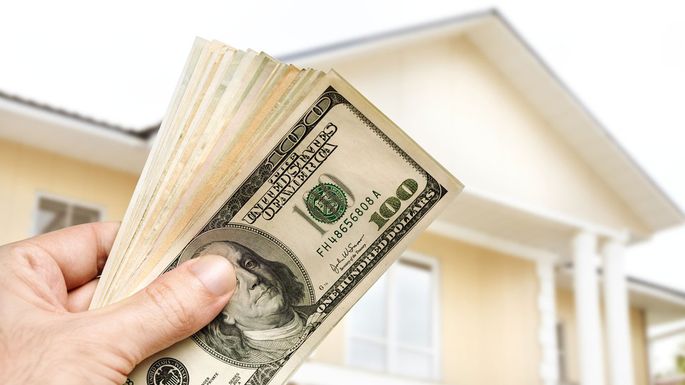The Department of Housing and Urban Development last week imposed limitations on cash-out refinances that will make it more difficult for homeowners to cash in on the equity they’ve built up in their homes.

The HUD said on Thursday it’s lowering its loan-to-value requirements for cash-out refinances from 85% to 80%.
The move means that less homeowners will be eligible to qualify for a cash-out refinance, HousingWire reported. The HUD said it had done this in order to reduce the risk for the Federal Housing Administration, which says it has seen an increasing number of borrowers apply for these loans.
“We are taking another important step to support sustainable homeownership that builds wealth for families,” said FHA Commissioner Brian Montgomery. “This is a prudent measure to make certain that we protect and preserve the home equity borrowers are building for their futures and guard against taxpayer losses from the FHA program.”
The changes, which align with Fannie Mae and Freddie Mac’s new policies, will take effect from September 1, the HUD said.
The last time the HUD adjusted its loan-to-value requirements was in 2009, when it dropped the yardstick from 95% to 85% amid an increase in cash-outs.
The housing industry generally considers cash-out refinancing to be a risky form of loan, with studies linking them to an increase in foreclosures.
The number of FHA cash-out refinance mortgages has surged 250% from 2013 to 2018, HUD reports. 2013 was the lowest year for cash-out refis. The FHA noted last fall that cash-out refinances comprised 64% of all FHA-insured refinance transactions, up nearly 39% from the year prior. The increase in home prices has prompted more cash-out refis, according to the annual Report to Congress issued last fall.
In a letter announcing the change, HUD justified the changes for the FHA as a “prudent measure in order to strengthen the equity position of cash-out refinances and reduce loss severities in the event of default, stay ahead of any potential future shift in the housing market, and better support the FHA’s mission of providing access to sustainable homeownership that builds equity.”